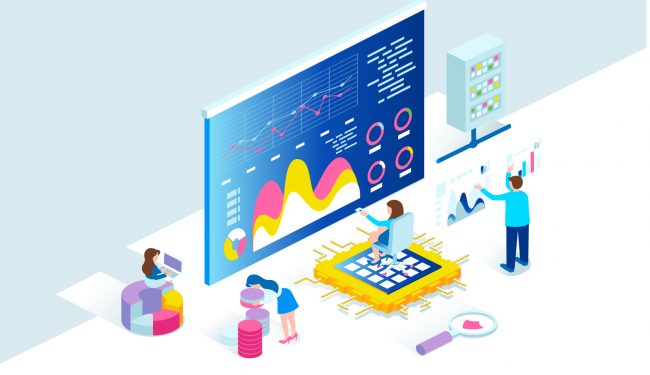Challenge
Imagine the transformation of an entire governmental industry – that of the public procurement happening in one year: that means the creation of a digital core from the very beginning and implementation of a business model, which is absolutely different from the previous one, involving private companies as developers or co-providers of public services.
A bold project that is ongoing in Moldova.
Strategy and Solution
Innovative business model
Objectives proposed in this project are beyond systemic tendencies of any government to make public procurement more efficient and transparent. The ultimate goal was to deeply transform the way services are delivered, de-monopolize it and outsource some state’s prerogatives to private companies, which are willing to invest in this field.
By joint efforts, central administration, having the support of the foreign development partners, BERD and EU, managed in 2017 to promote and to adopt the reform of public procurement (ground-breaking reform) and to implement a new, innovative business model of providing services. The central idea was to create an ecosystem around the industry of public procurement, where the Government (Ministry of Finance) acts as a coordinator and offers services jointly with private companies. The goal of this model is to facilitate organic partnerships between the public and private sectors in order to create together new values and innovations.
Direct implementation of the project was divided among developers of the digital core and of front-office platforms. Digital Core is responsible for the management of procurement business processes and its integration with the government’s digital ecosystem. The processes that have an impact over user experience when using a public service, have been delegated to private companies, which expressed their desire to invest in this project. They had the task to ensure procurement launch processes, tendering, awarding and signing the contract.
Technological implementation has been a challenge per se due to complexity of the project in general, but due to the need to deliver results in real-time. Imagine yourself the MTender platform, consisting of tens of informational systems, having at the basis a diverse technologies’ stack, being developed in parallel by 5 teams and delivering business outcomes during the procurement processes. Such an agile implementation was possible thanks to the approaches, adopted in the field of architecture (microservices) and API (Open API), of the used advanced technologies, and not the last, thanks to a complex ecosystem of governmental platform services, which are available in Moldova. Thanks to these, Mtender could effortlessly benefit from electronic payment services, digital identity, authentication. Data interoperability was carried out in record time via the Enterprise Service Bus platform (MConnect). In order to ensure maximal availability of the provided service, MTender was installed and it runs in the cloud computing platform of the government (MCloud).
Esempla company participates in this project, having two roles: as developers of the front-office platform (eLicitatie) and integrator which, together with the team from the government, manage to implement interoperability of data with third state systems.
Transformation
Efficiency, Competitiveness, Transparency
The new electronic system, called MTender, has been introduced in all key central government ministries and 100 subordinated entities. It follows the creation, input and adoption of the required technical and legal framework with active support by the EBRD and the European Union (EU).
The most relevant result which was obtained is the modular and flexible platform, which contributes, thanks to the collected data and open APIs, to creation and monetization of other types of services, which are meant to accomplish the experience (achieve a frictionless experience) of using public procurement services.
Also, very important are the results related to improving the efficiency of business processes, increasing competitiveness in participation at public tenders, general transparency and achieved savings. These shall become relevant in time.
TESTIMONIALS
Efficient state procurement cannot be achieved if private service providers don’t have free access to it. Who else could better understand business needs if not the business itself? The trustfulness of this principle was proved within MTender project and through the massive contribution of private platforms like e-licitatie.md and the Esempla company behind it.




